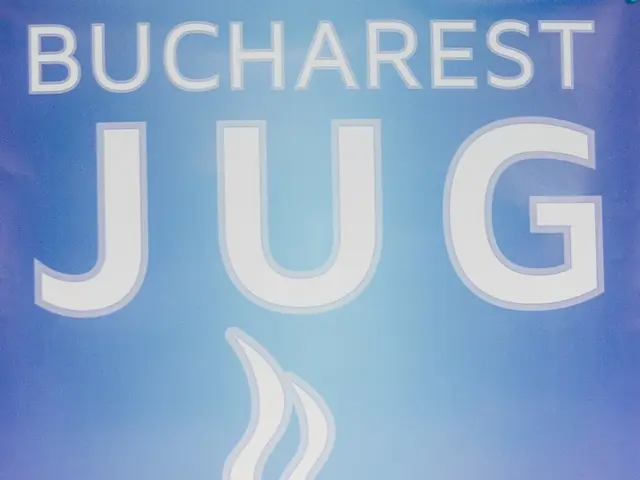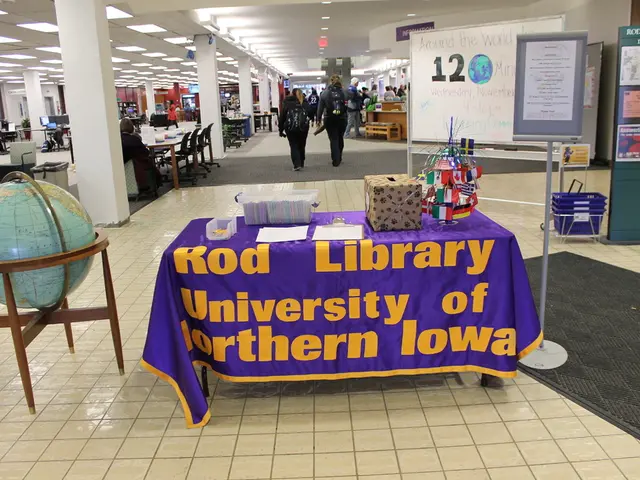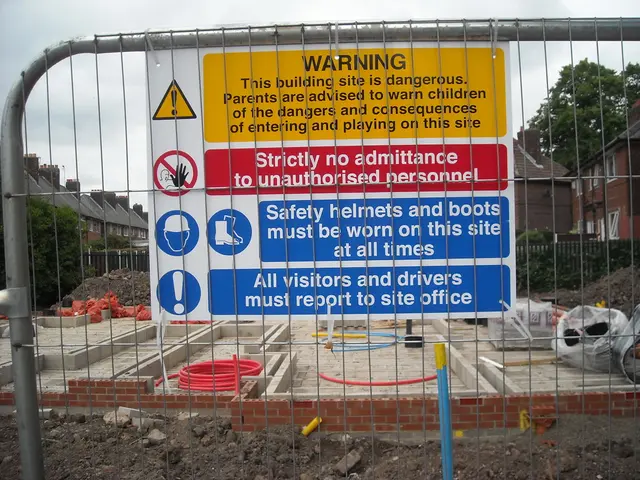The Global MIT At-Risk Fellows Program broadens its reach to include Palestinian scholars in its educational opportunities.
A New Opportunity for Palestinian Scholars: MIT's GMAF-Palestine Initiative
In a significant move, Massachusetts Institute of Technology (MIT) announced its GMAF-Palestine program this fall. This two-year pilot aims to bring up to five fellows per year, currently based in Palestine or recently displaced, to MIT for a semester of research and study. The initiative, an expansion of the Global MIT At-Risk Fellows (GMAF) program, initially focused on Ukrainian researchers, intends to assist scholars facing challenges due to humanitarian crises.
Professor Kamal Youcef-Toumi, director of GMAF-Palestine, expresses that the program is crucial for addressing ongoing conflicts like the one in Gaza. By investing in scientists, he believes the program can foster a deeper understanding of the practical implications for people living within the conflict zone.
Duane Boning, vice provost for international activities at MIT, considers GMAF as a practical approach for the university to contribute towards solving the world's most significant problems. According to Boning, the goal is to offer fellows hands-on, experiential learning opportunities that help them develop tools necessary for rebuilding their regions.
MIT President Sally Kornbluth emphasizes the importance of fostering new collaborations and ideas through programs like GMAF-Palestine, leading to a better understanding and more innovative solutions.
The application process for the inaugural year's fellows will take place in January 2025, with selection based on open applications and nominations from the MIT community. Eligible candidates must have held academic or research appointments at a Palestinian university within the past five years, hold a PhD or equivalent degree, have been born in Gaza, the West Bank, East Jerusalem, or refugee camps, hold a reasonable expectation of receiving a U.S. visa, and work in a research area represented at MIT. MIT will cover all fellowship expenses.
To ensure a fruitful experience, fellows will be paired with faculty mentors and engaged with various campus communities, such as the Ibn Khaldun Fellowship for Saudi Arabian Women. Youcef-Toumi, who also oversees the Ibn Khaldun Fellowship, highlights MIT's competitive, yet supportive, environment as a valuable experience for fellows to retain and bring back to their own universities and communities.
The success of the first round of fellows and their experiences will inform future iterations of the program. The program's leadership, including Youcef-Toumi, hopes to demonstrate GMAF-Palestine's impact and secure continued funding and support for the program. The initiative plans to maintain contact with fellows and collect feedback on their experience over the first five years, potentially leading to ongoing collaborations with their MIT mentors or fellow MIT community members.
Expanding on other fellowship programs launched by MIT, Youcef-Toumi mentions the Kalaniyot fellowship for Israeli scholars. He anticipates a positive synergy between the two programs, with scholars from the region being on campus and interacting with different people. Youcef-Toumi's team hopes such programs will promote a more positive and unified atmosphere on campus.
- The MIT GMAF-Palestine program is designed to help students from Palestine who are currently based or recently displaced, focusing on researchers and scholars facing challenges due to humanitarian crises.
- Professor Kamal Youcef-Toumi believes that this program is crucial for addressing ongoing conflicts, like the one in Gaza, as it invests in scientists, fostering a deeper understanding of practical implications for the people within the conflict zone.
- Duane Boning, MIT's vice provost for international activities, sees the GMAF program as a practical approach for the university to contribute towards solving the world's most significant problems.
- MIT President Sally Kornbluth emphasizes the need for fostering new collaborations and ideas, stating that programs like GMAF-Palestine lead to a better understanding and more innovative solutions.
- Application for the inaugural year's fellows will take place in January 2025, with candidates having held academic or research appointments at a Palestinian university within the past five years, holding a PhD or equivalent degree, and working in a research area represented at MIT.
- Fellows will be paired with faculty mentors and engaged with various campus communities, including the Ibn Khaldun Fellowship for Saudi Arabian Women, providing a competitive yet supportive environment.
- The success of the first round of fellows and their experiences will inform future iterations of the program, potentially leading to ongoing collaborations with MIT mentors or community members.
- MIT will cover all fellowship expenses, offering fellows hands-on, experiential learning opportunities that help them develop tools necessary for rebuilding their regions.
- The program's leadership hopes to demonstrate GMAF-Palestine's impact and secure continued funding and support for the program, maintaining contact with fellows and collecting feedback on their experience over the first five years.
- Expanding on other fellowship programs launched by MIT, Youcef-Toumi mentions the Kalaniyot fellowship for Israeli scholars, anticipating a positive synergy between the two programs and a more unified atmosphere on campus.
- This initiative is significant for education-and-self-development, providing opportunities for personal growth and career development, especially within regions affected by war-and-conflicts.
- The program, however, also emphasizes the importance of general-news awareness, encouraging fellows to stay informed about local and global issues, such as politics, crime-and-justice, accidents, and sports.
- Fellows can expect to engage in learning opportunities across various fields, including research, engineering, science, health, and even skills-training, such as basketball.
- The initiative's focus on education and personal growth can have ripple effects, contributing to the migration and diffusion of knowledge, ideas, and innovations across the globe.
- Ultimately, a more educated and resilient community can help build a more stable and peaceful environment, encouraging continued learning, collaboration, and mutual understanding among people of diverse backgrounds and circumstances.








